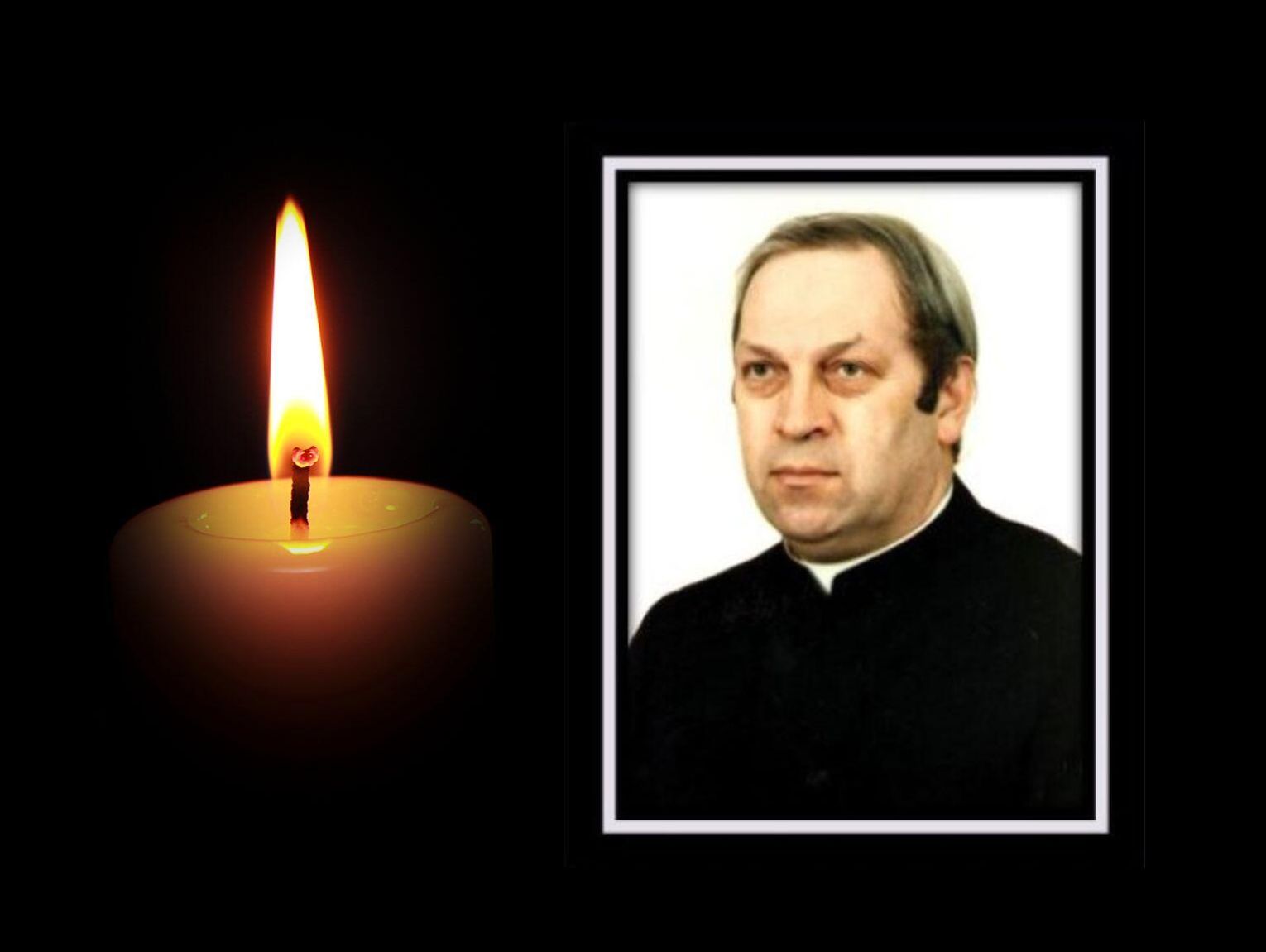After proceeding the proposed provisions of the law on the cessation of prosecution for any acts related to the organisation of elections for the office of the president of the Republic of Poland, ordered on 10 May 2020, the question about the intent of their formation is naturally raised? It is clear in this context that the proposed law is intended to guarantee impunity for the mayors, mayors and presidents of the cities who participated in the organisation of the alleged "envelope elections" in 2020. It points out that the task in question is already another approach to ensuring impunity for those active in the organisation of the «envelope elections» in 2020. This is where the parliamentary draft of 20 October 2022 (print 2716) was proposed to be recognised as legal actions of the mayor, mayor or president of the city to transmit at the time of the outbreak within the meaning of the Act of 5 December 2008 on the prevention and eradication of infections and infectious diseases in humans (Journal of Laws, item 1657), hereinafter referred to as the ‘disease state’, to a postal operator designated in the meaning of the Act of 23 November 2012. – Postal law (Journal of Laws of 2022, items 896, 1933 and 2042), hereinafter referred to as ‘designated operator’, of the list of voters in connection with the general election of the president of the Republic of Poland ordered in 2020.This task was besides intended to legalize the transmission of lists of voters of the Polish Post as liable for organising the alleged ‘envelope elections’.
At present, the draft law proposes that the draft law (print 855) should not be prosecuted for the act of handing over to the postal operator as an operator designated within the meaning of the Act of 23 November 2012. – Postal law, census of voters in connection with elections of the president of the Republic of Poland ordered on 10 May 2020. According to the project, no proceedings are initiated and, in cases already initiated against persons who have forwarded the list of voters to the postal operator, the proceedings are to be decommissioned. At the same time, the task goes further, since it assumes that the fines, punishment measures, compensation measures and measures relating to the subjection of the offender, which are not full or partially executed, are not enforceable, as are the costs of proceedings which have not been paid in full or in part. Convicts for these acts are to be erased by law according to the task promoter, and the alert on conviction and conditional remission of proceedings for these acts will be removed from the National Criminal Registry.
The Lex Super Omnia Association notes that the actual intent of the proposed law is not to forgive crimes and penalties for their execution, and to question the court rulings already valid and to verify them in the way of the ruling party's discretion which is not yet known in our legal order. This causes the legislature to enter the sphere of exclusive prerogative of courts and tribunals, which is the judiciary. This implies the designation of specified provisions as highly violating the constitutional principles of the 3 divisions of power, the separateness and independency of judicial power and the exclusivity of courts in the exercise of justice.
The Ombudsman rightly argues that the adoption of alleged amnesty or abolition laws falls within Parliament's competence. The amnesty of stricto is to issue a bill, the content of which is to mitigate or forgive the punishment for crimes committed. As a rule, the Amnesty Act besides includes an abolition provision that does not initiate fresh proceedings for acts covered by amnesty, and which are terminated. The Parliament's competence to amnesty is clearly linked to constitutional principles specified as the division of power (Article 10 of the Constitution), the independency and separateness of the judiciary (Article 173 of the Constitution) and the exclusivity of courts in the field of justice (Article 175(1) of the Constitution). The amnesty thus carried out does not violate these principles, as the intention of the legislator is not to question whether the review of court judgments is based on the implementation of certain principles of the State's criminal policy. The legislator has a comparatively broad scope of freedom to criminalise and decriminalise certain behaviours and to find the level of penalties. In this area of freedom there is simply a remission or relaxation of punishment, which is the essence of amnesty. Consequently, the amnesty as specified is not about the assessment of criminal charges imposed but about the consequences of conviction. The Amnesty act cannot in itself constitute a means of verification, subsequent amendment or repeal of a final judgment. Amnesty does not make a kind of appeal or review. However, the legislature is trying to introduce constitutionally contrary supervision of the judicial decisions already valid, which is, in essence, an act of justice, and thus an act reserved exclusively for courts. This is the basis of a democratic regulation of law and a constitutional strategy of 3 divisions of power. The task reconciles these values and as specified must meet with criticism. It is an arrogant depreciation of the ideas underlying the justice strategy in our legal system. At the same time, it may constitute a dangerous precedent which will let the executive and legislative authority to scope for this kind of government in the future, while at the same time ensuring impunity for more criminal offences. It should be noted that this creates a alternatively dangerous mechanism, which, in the current fall of legislative standards, is already a notorious violation of the rule of the tripartition of power and in the era of the constitutional and competence crisis of the Constitutional Court, can be utilized whenever the interests of members of the ruling organization so require. The designer, as already mentioned above, does not apply solutions to the legitimate objectives pursued by the state of rational criminal policy, but uses its systemic position to guarantee impunity for the group of persons associated with the camp of the ruling organization or implementing its decisions, even if it was known in advance that their implementation would constitute a violation of the law. As an association of prosecutors, we have no uncertainty that this task should be rejected entirely. We critically measure its content and, above all, see the dangers of specified legislative solutions.
Warsaw, 11 December 2022.
Written by Dominik Mrozowski, Aleksandra Antoniak-Drożdż

















